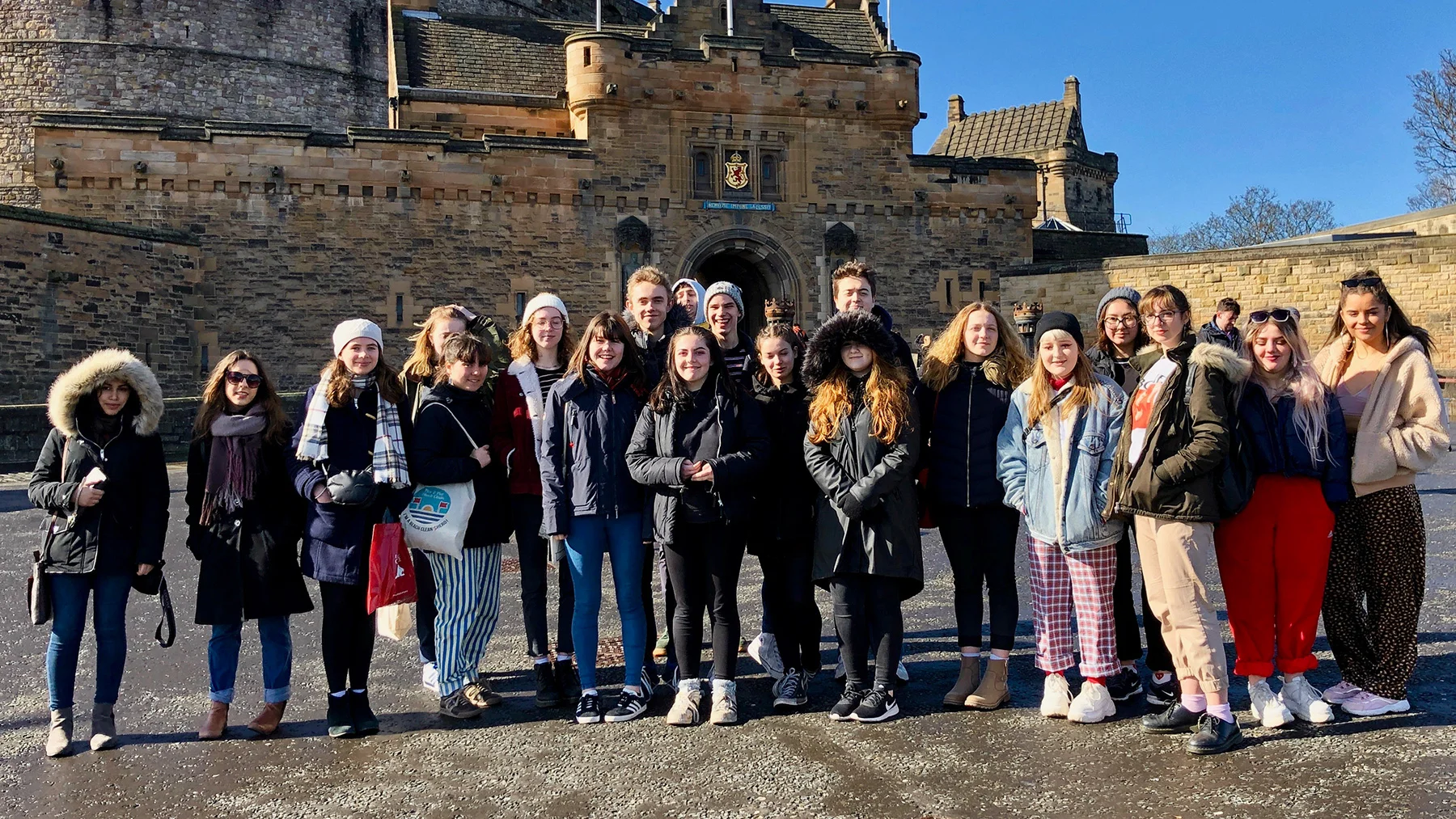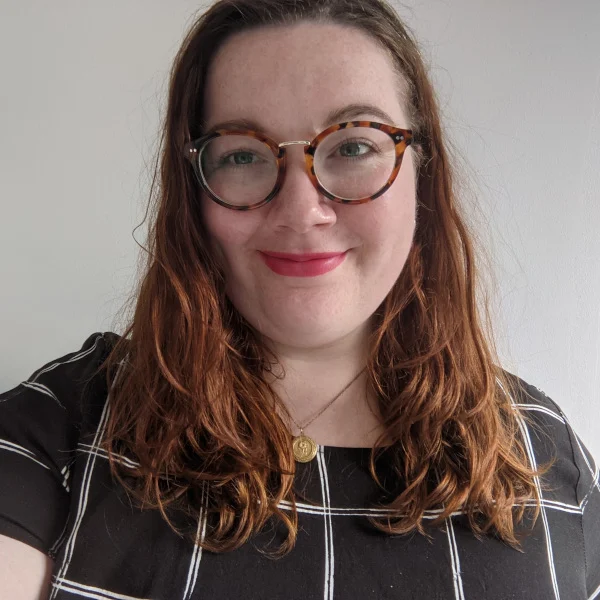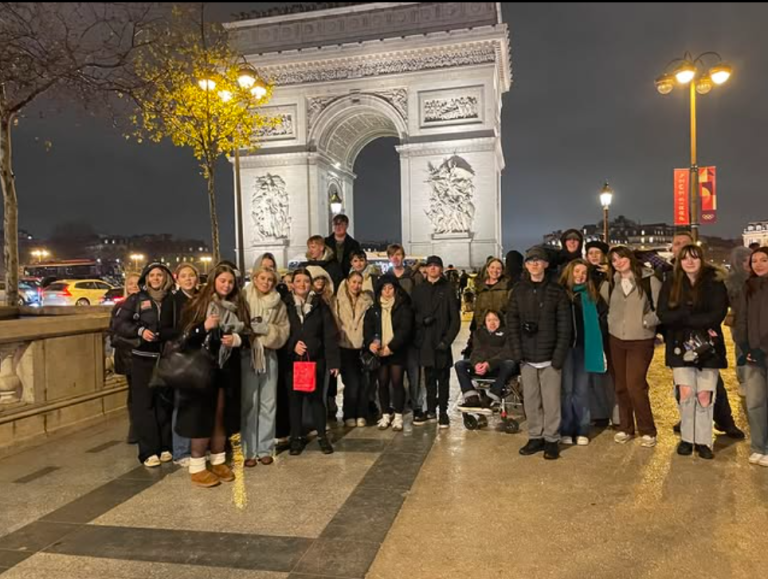
History - Early Modern
Studying Early Modern History allows you to explore some of the most dramatic events, issues, and personalities in European and British history. The course focuses on the 16th and 17th centuries, a time of extraordinary change and conflict that reshaped societies and governments.
In the first year, you will examine the 17th-century revolution in Britain, focusing on Charles I, the causes and course of the Civil Wars, and one of the most controversial periods in British history—Oliver Cromwell’s republic and the subsequent restoration of the monarchy under Charles II. The theme of revolution continues as you explore the dramatic transformations of 18th-century France.
In the second year, you will investigate the phenomenon of the witch hunts in Europe and North America. You will explore the impact of religious changes during the Reformation, the reasons why the majority of victims were women, and why the hunts eventually came to an end.
Year 1
- The causes of the Civil Wars and the character of Charles 1st
- The growth of political and social radicalism, including groups like the Levellers
- From Cromwell’s Republic to the Restoration of the monarchy
- The impact and legacy of the French Revolution
Year 2
- The theological causes of the witch craze – why did people believe, and stop believing, in witches?
- In-depth case studies, including the Berwick and Salem witch trials
- Coursework: Choose a question from one of the exam topics (Modern or Early Modern History) or explore a completely different historical theme, such as the Renaissance or the causes of the American Civil War

Holly Lown
Studied: Psychology, English Language, History Progression: History, Sheffield University
Holly went on to study BA History at the University of Sheffield and graduated in 2018 with a 1st. She then went on to study for a Masters in Arts Management and Heritage Studies at the University of Leeds where she also worked part time as an administrator for the Yorkshire Cancer Research Centre for Innovation in Cancer Care and Treatment in Sheffield. Holly’s career aim is now to work in the museum and heritage industry.
Holly says: “My advice for any student choosing their A Levels would be to pick what subjects you enjoy, not what subjects you feel you should be doing. There’s always support and advice available when you need it and never be afraid to ask for help!”
Course Essentials
Courses Available
A Level
How The Course is Assessed
80% exam, 20% coursework
Transferable Skills
Independent research, critical thinking, persuasive speaking, analytical writing and teamwork
Career Pathways
Early Modern History provides valuable skills for a wide range of careers, including: Law & Politics (Government, diplomacy, and international relations), Education & Research (teaching, academia, and historical investigation, Media & Journalism (writing, publishing, and documentary research)
Other Information
In recent years we have visited New York, Washington and Edinburgh in collaboration with the Politics department. We also run a research skills trip to The Keep, Sussex University's unique archive, as part of the Historical Investigation. This is particularly useful for students aiming to study History at university
Enquiries To
Ruth Kelly: rak@varndean.ac.uk
News
Law and History students spend four days in Paris
Varndean College Law and History students recently spent 4 magical days in Paris exploring the roots of the French Revolution and history of human rights; all integral to their studies.
After a chilly riverboat trip down the Seine, taking in the newly opened Notre Dame and other famous sights, they were regaled with tales of revolutionary slaughter and intrigue. Their trip ended at the Palace of Versailles; where they saw the aristocratic opulence juxtaposed with the evident suffering of the masses. A true human rights journey!

